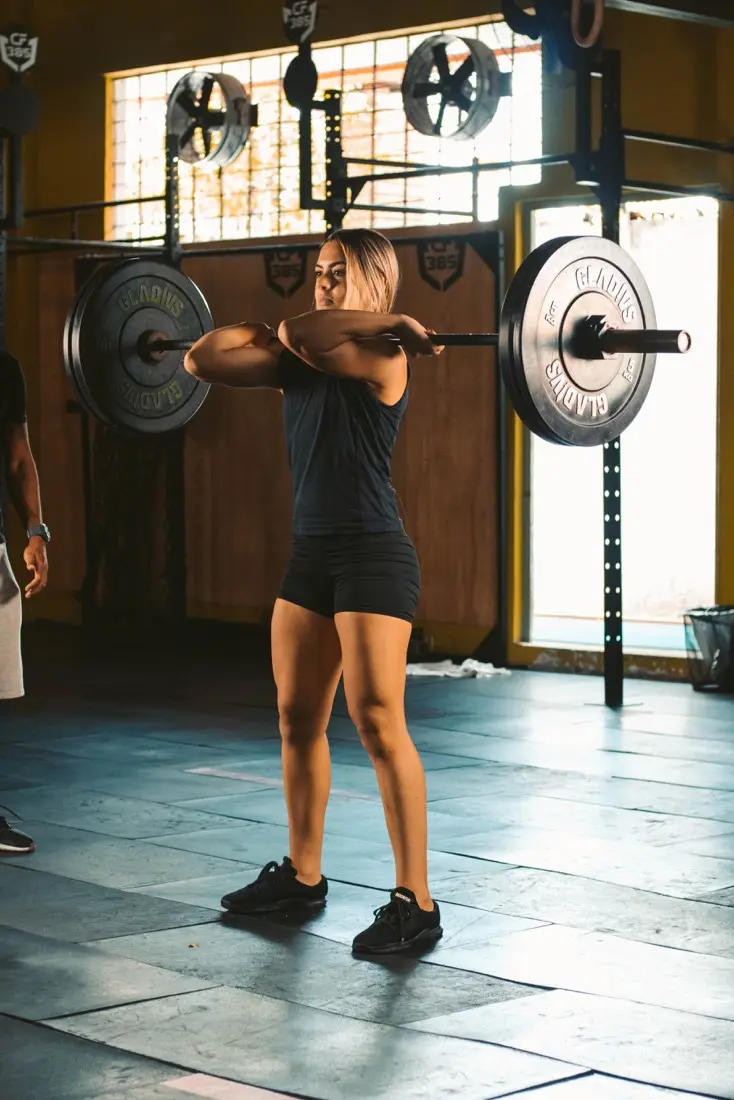I know, I know. I am not here to tell you “you have to go to the gym and do squats!” – except, I am. Bear with me a moment and let me explain why.
Why squats matter
Not everyone has the goal to be strong and muscular, or to lift heavy weights, but I think we can confidently say that everyone has the goal to be healthy, pain-free and be able to one day pick your grandchildren up off the floor. I’m sure you’ve heard the story a couple times before: “I just bent down to pick up my bag and suddenly my back just went out!” Perhaps recently you have been feeling a little more anxious than usual when you hear that story.
Patients often tell me: “oh I’m getting old, I can’t move the way I used to.” The truth is, it’s not because you’re getting old(er), it’s because you’re growing weak(er) – which is a very natural occurrence! It happens to everyone. Luckily, this is the type of thing that we have control over!
The human body can do anything – if we train it to! Your body can definitely pick up that box of files (or that case of beer) no matter how old you are, you just need to strengthen it to do so.
Not only does squatting in the gym build you the strength that you need, it also teaches your body the proper way to move. In the gym you tend to (or should!) focus a lot on employing the right technique and movement patterns – because in the gym you have the time and the mind space to thing about that! When you’re quickly picking up your suitcase to put it in the taxi, you’re not thinking “alright, brace the core, squat down, engage and lift!” you’re thinking “shoot, I wonder if I have enough bikini’s to wear in Thailand.” – but, because you spent so much time working on your squat technique in the gym, your body can now do it automatically and safely. .
How squatting makes your daily life easier
Here are some of the main benefits of squats and how they transfer to real life activities:
Strengthens the Lower Body: Squats primarily target the muscles of the lower body, including the quadriceps, glutes, and hamstrings. By strengthening these muscles, squats can improve overall lower body strength and power, making everyday activities like walking, climbing stairs, and lifting objects easier and more efficient.
Builds Core Strength: Squats also engage the muscles of the core, including the abdominals and lower back muscles. By strengthening these muscles, squats can help to improve overall core strength and stability, which is important for maintaining good posture and preventing back pain.
Improves Balance and Coordination: Squats require a great deal of balance and coordination, particularly when performed with weights. By practicing squats regularly, you can improve your balance and coordination, which can translate to better performance in sports and other physical activities.
Enhances Functionality: Squats are a functional exercise, meaning that they mimic movements that we perform in our everyday lives, such as standing up from a chair or lifting a heavy object off the ground. By practicing squats regularly, you can improve your ability to perform these everyday activities with greater ease and efficiency.
Boosts Metabolism: Squats are a compound exercise, meaning that they engage multiple muscle groups at once. As a result, they can be an effective way to boost your metabolism and burn calories, even after your workout is over.
We all must do things we do not enjoy at some point in our lives, but I promise you that training your squats once a week will be a lot more enjoyable than your rehab program after a back injury! .

